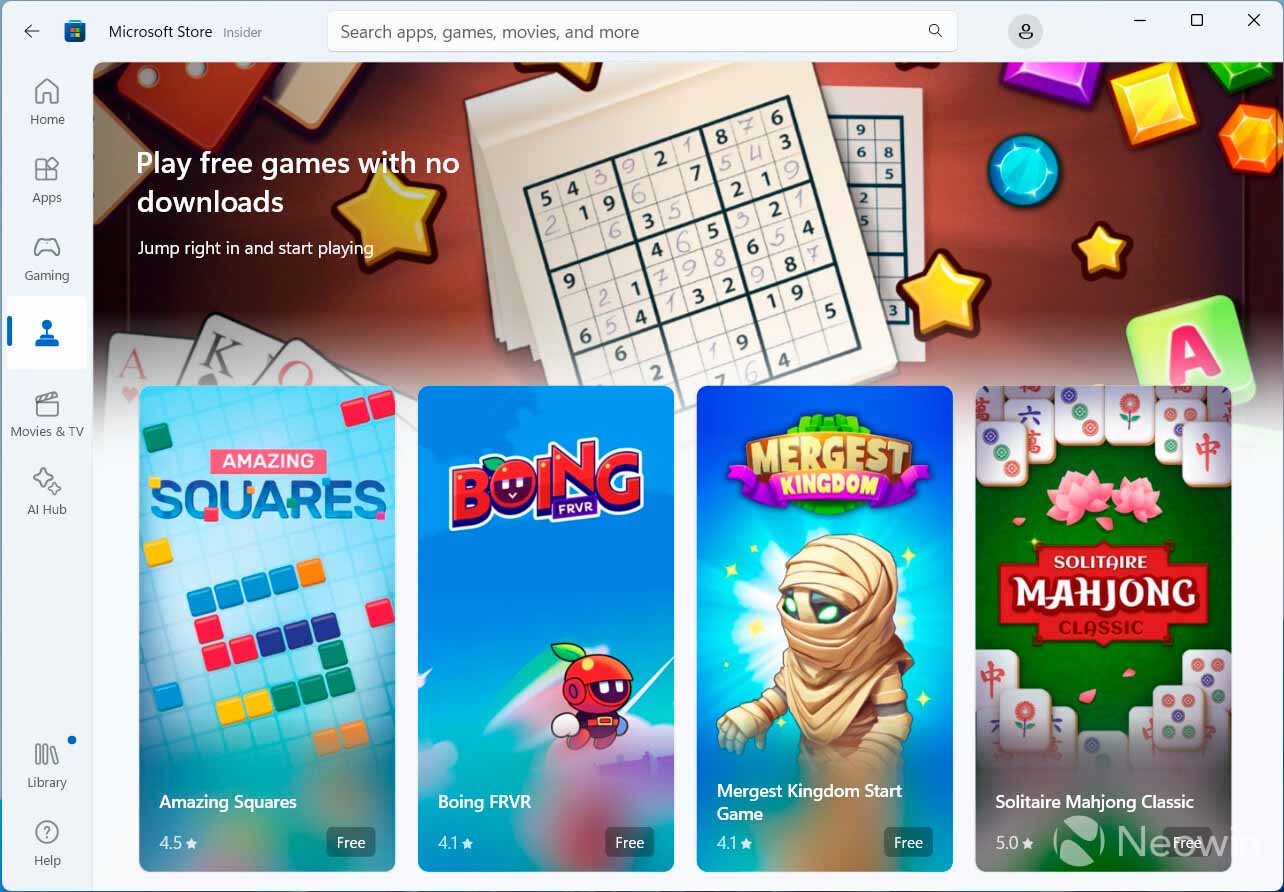Microsoft has been trying to improve the experience of the Microsoft Store for some time, your app store. This is quite understandable, since this model (the model of a software store built into the operating system itself) has proven particularly useful and profitable for Apple and Google with their App Store and Google Play for iOS and Android. Moreover, this distribution system partially played an important role in the success story of both operating systems.
App stores or repositories aren’t really anything new. We were still in the first decade of this century when it was already common to find them in some Linux distributions, and before the Apple App Store moved to macOS, around that time macOS brought this distribution system to the table of people in Cupertino. . The fact that Microsoft also operates in these waters is so logical that it does not require any explanation.
However, it happens that the success rate of desktop app stores is much lower which we are used to seeing on mobile devices, and even less so on Windows, where the average user has been getting software from very diverse sources for decades, and as a rule we prefer the initial origin of applications (usually the websites of their developers). To give just one example, we all know that apps like Audacity, Firefox, VLC and more are available on the Microsoft Store, but I don’t think I know a single person in my immediate area who downloads and installs them from there.


At Microsoft, they are aware of this and that if they want to attract users to their store, they have to make it attractive for them. This includes adding more content like we have here and also with new features like what Neowin has that are already available to some insiders and that is The Microsoft Store is about to add a new Arcade section that will provide direct access to games that we can play immediatelyapparently without the need for installation.
From both the name and access, it’s easy to deduce that this is the Arcade section of the Microsoft Store will provide access to casual games, from all types of solitaire to platformers from the Flappy Bird school, the type of titles that are still common to reach for browser games on PC today. So if Microsoft manages to attract more users to its store, even if it’s just for gaming at first, it’s possible that this will eventually translate into more use of the store to acquire and install apps.
